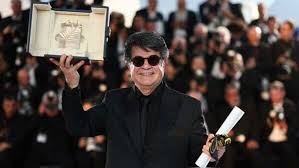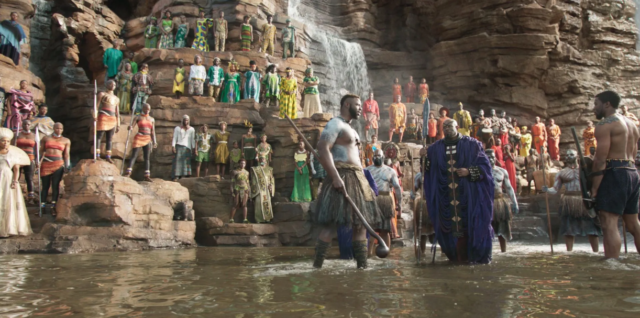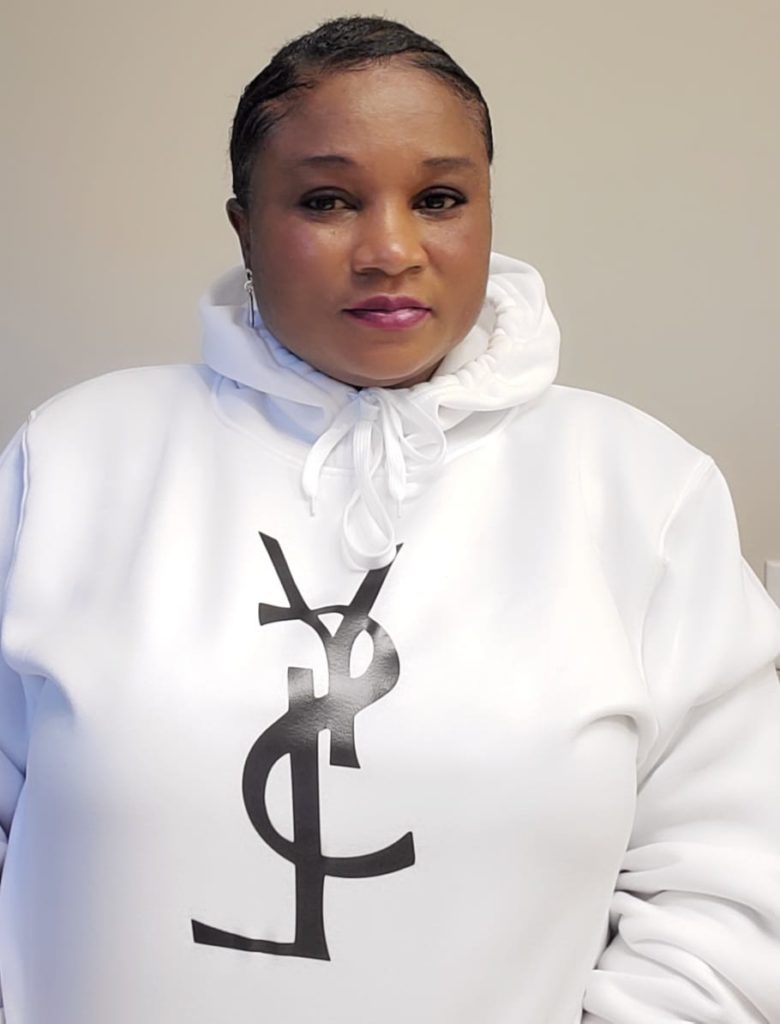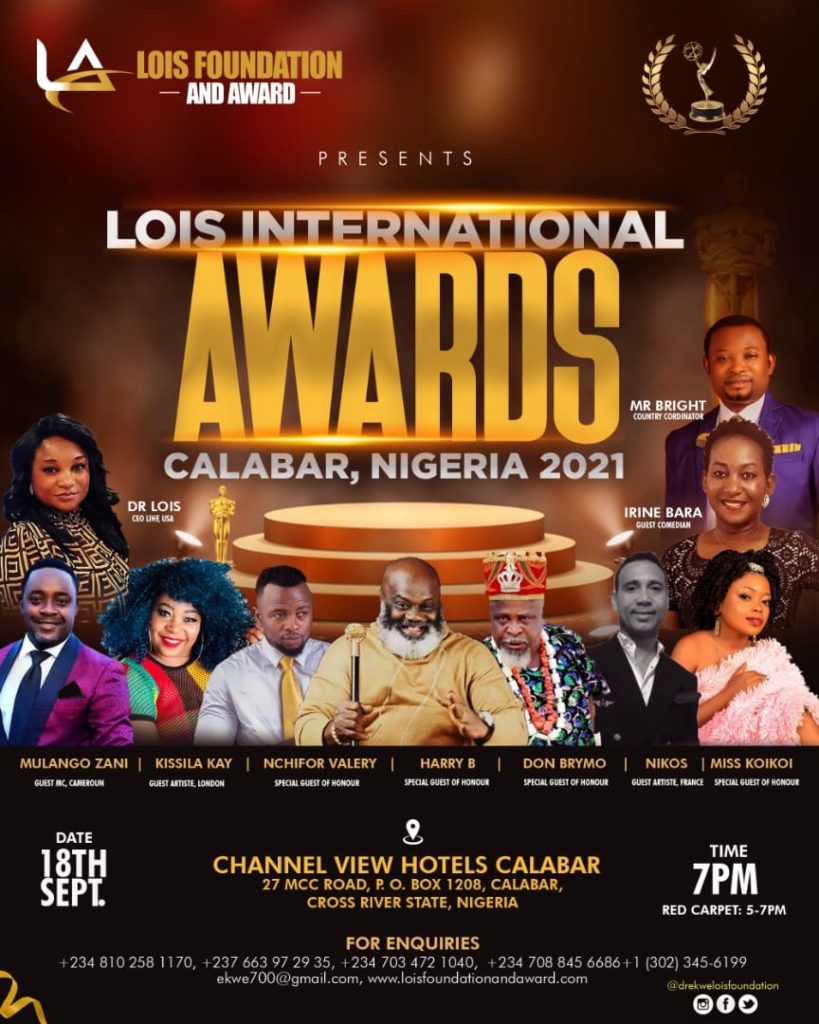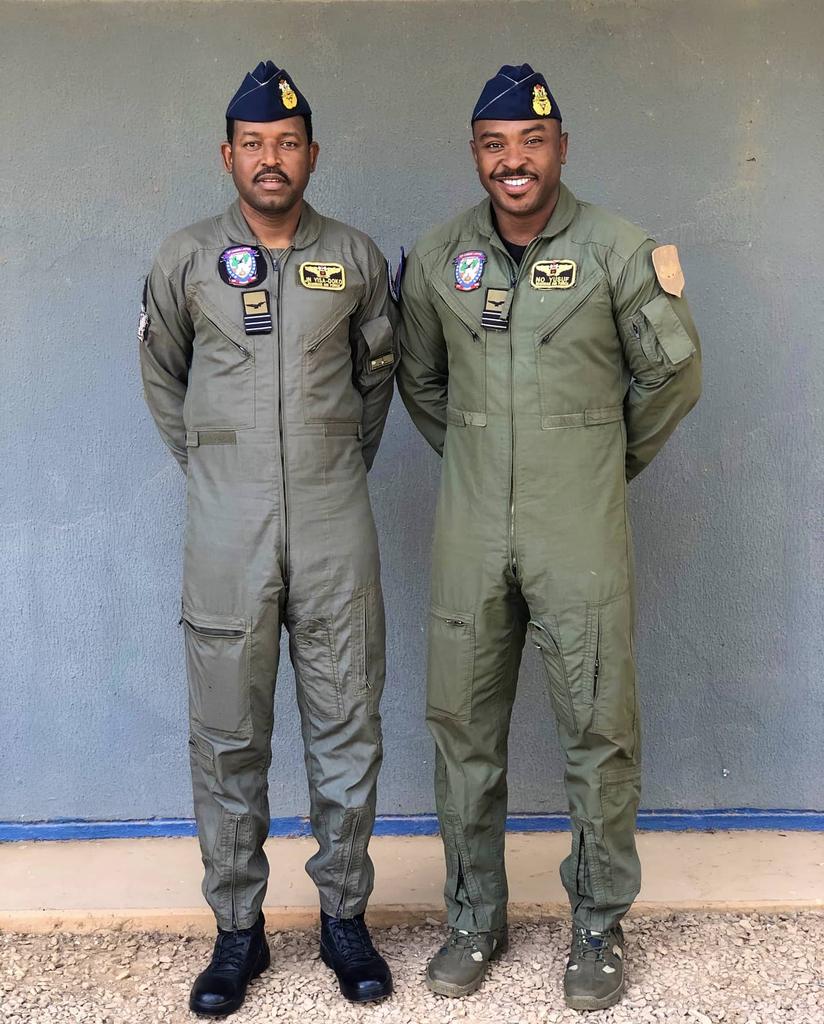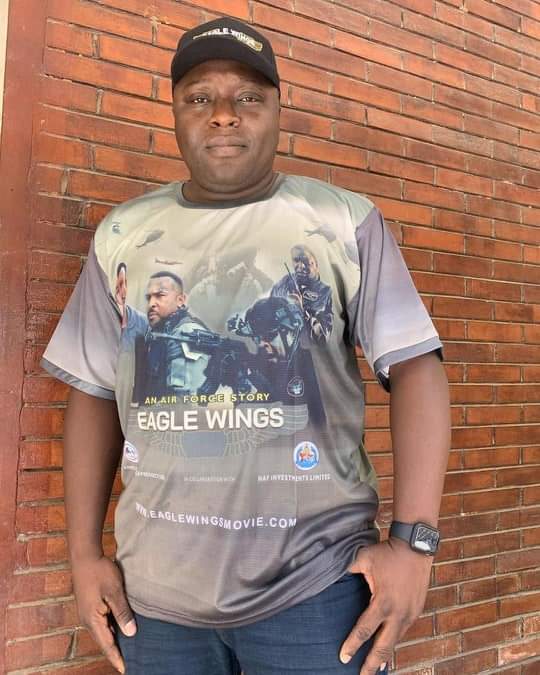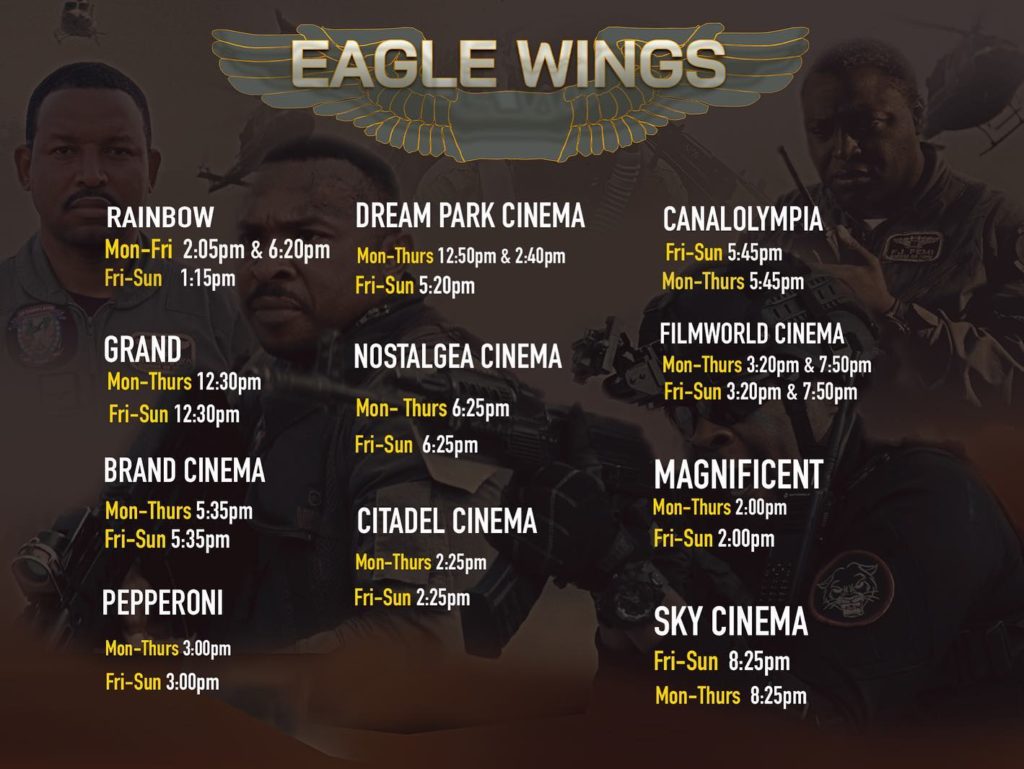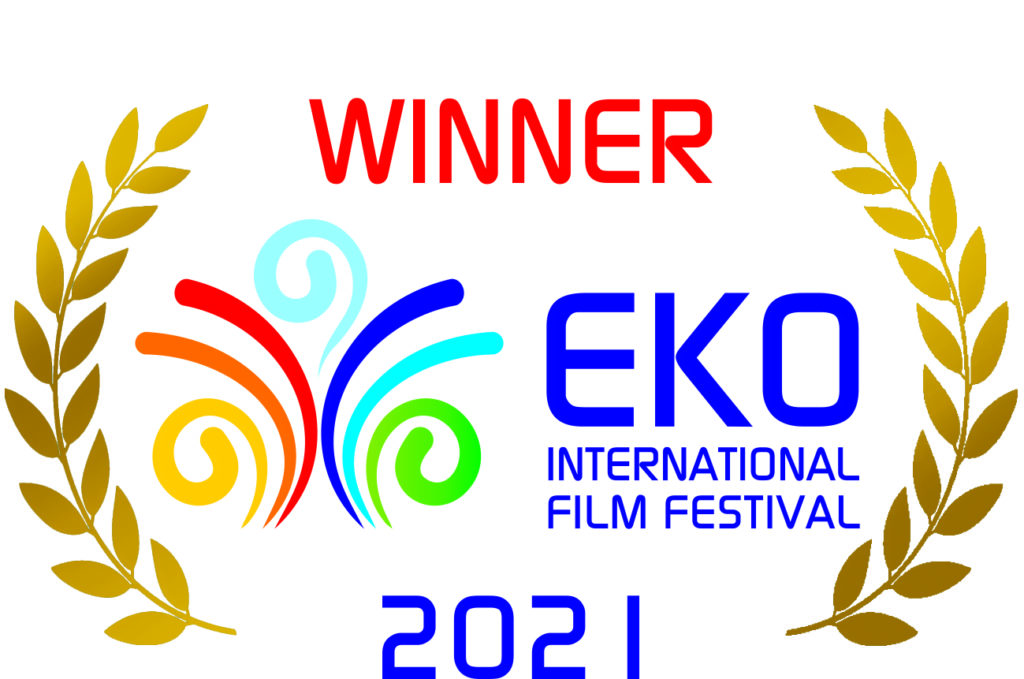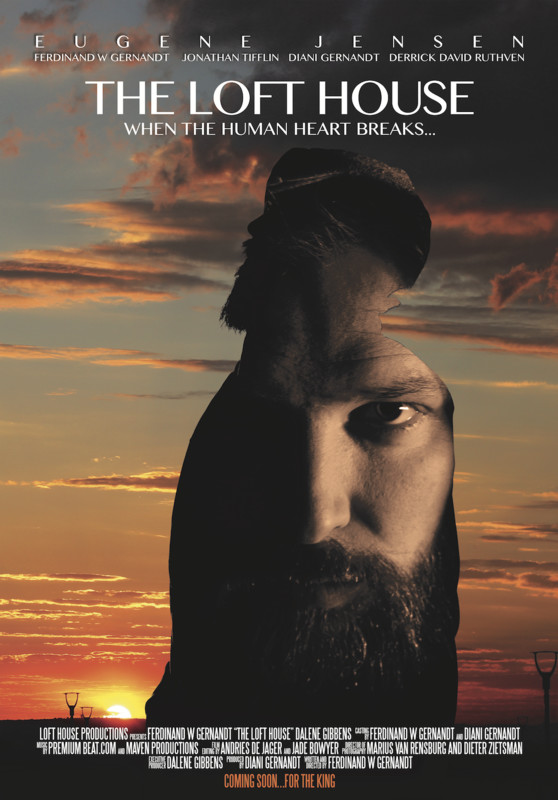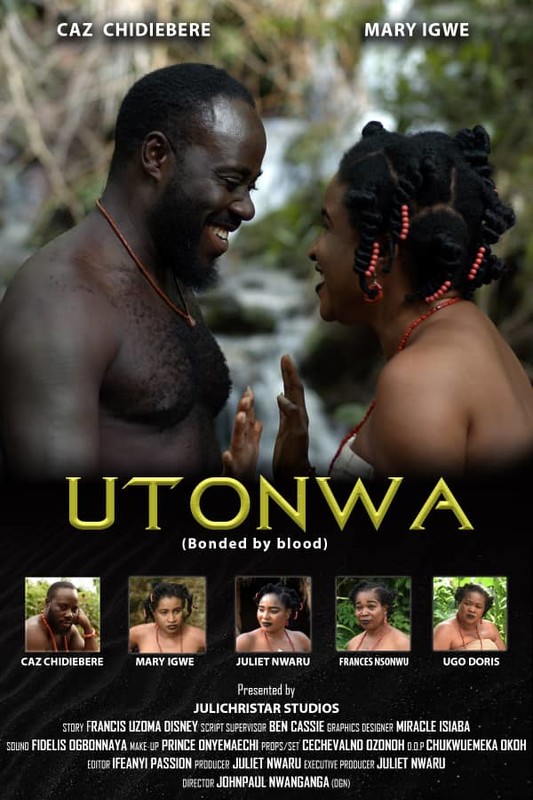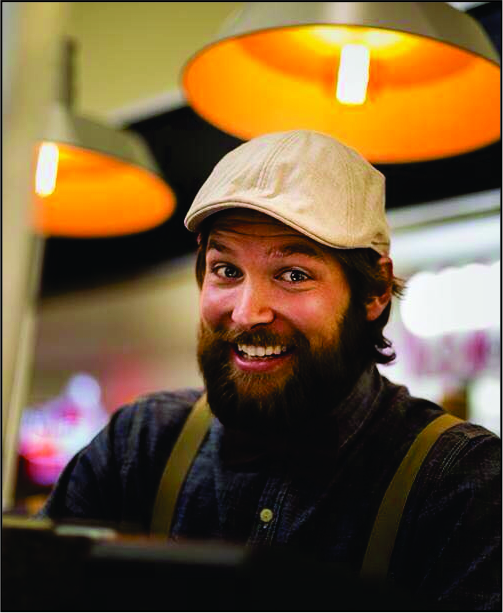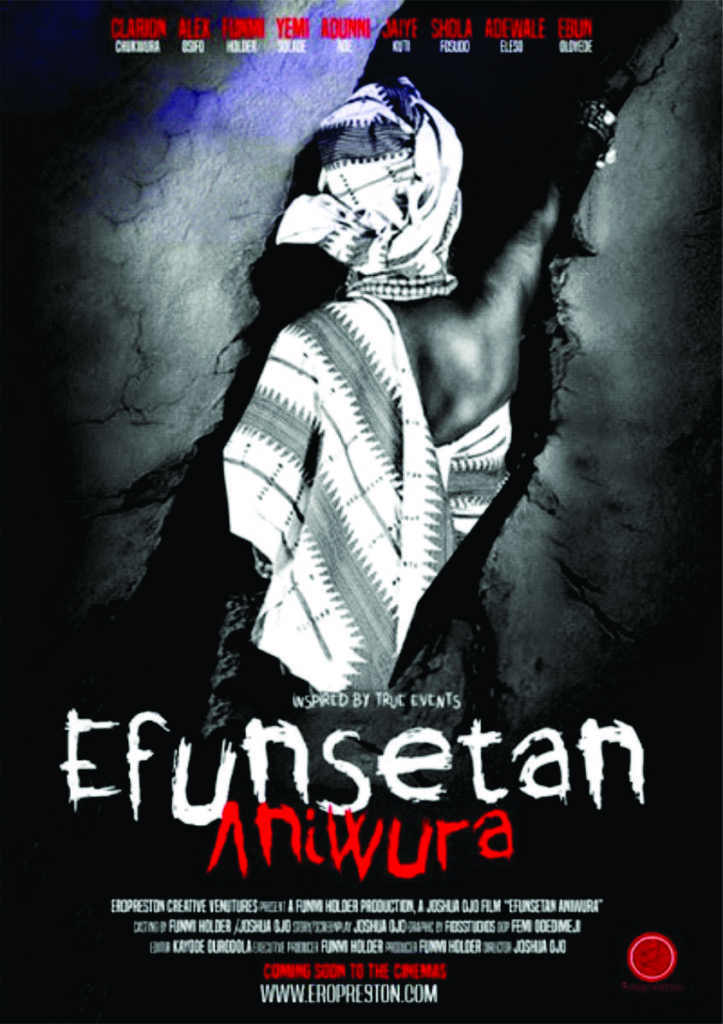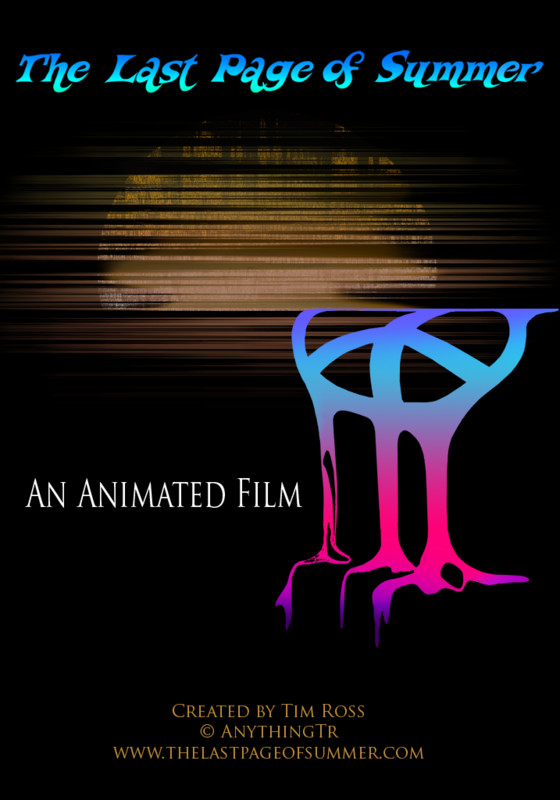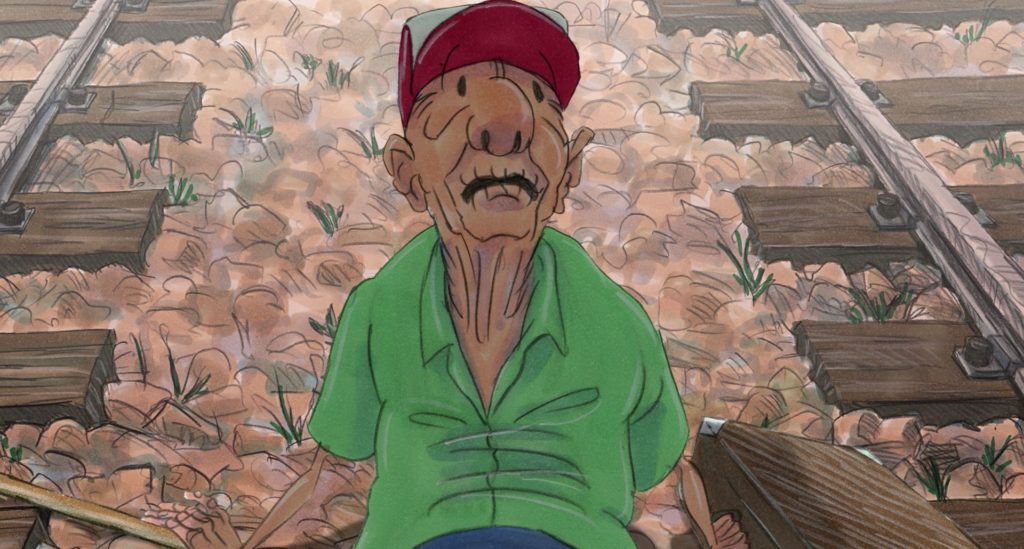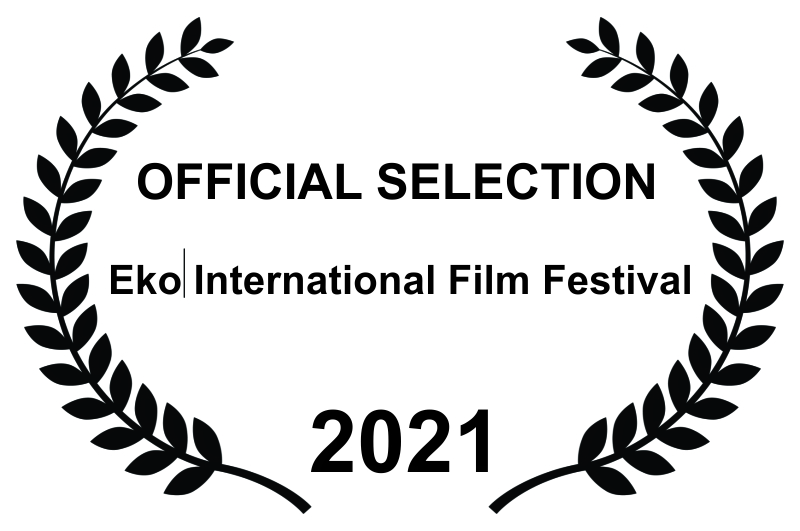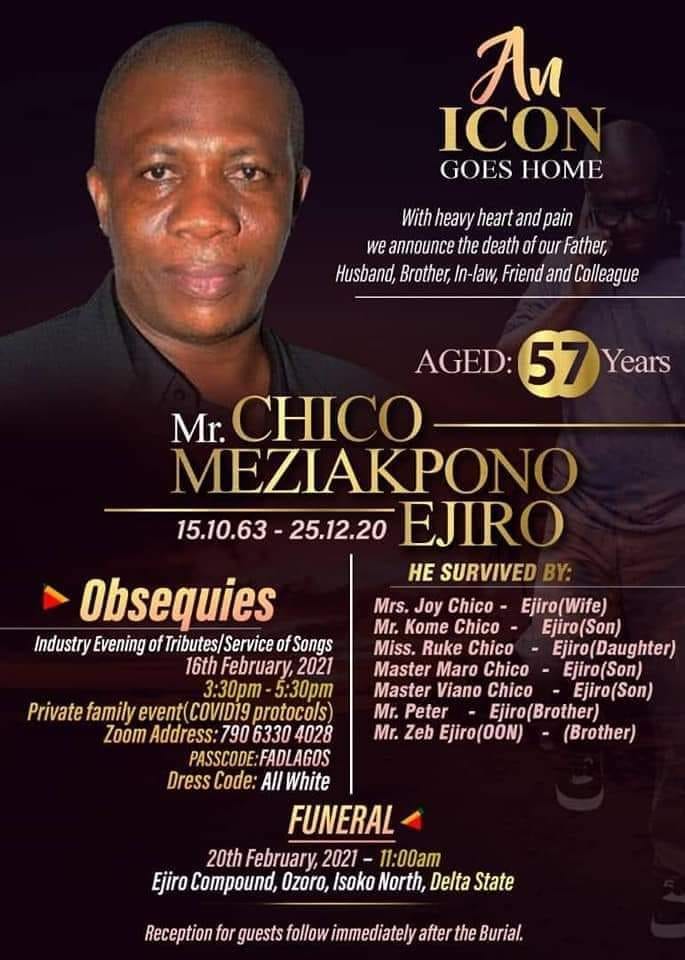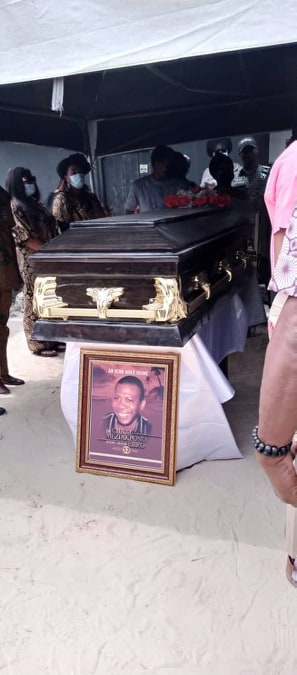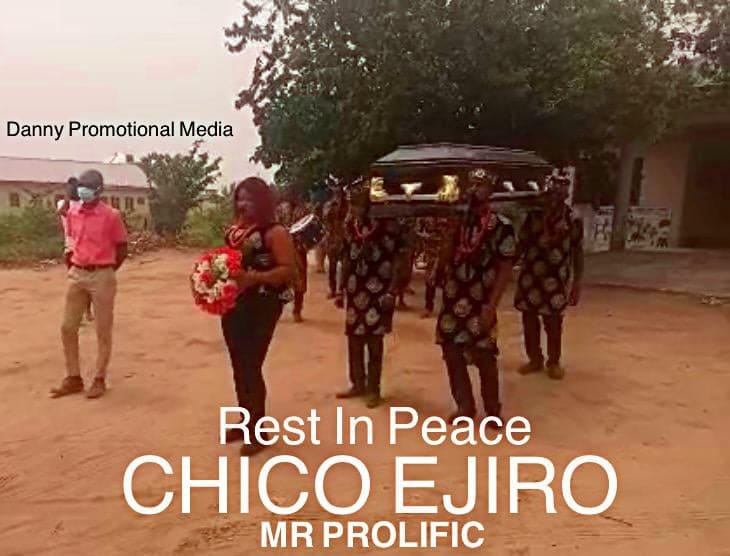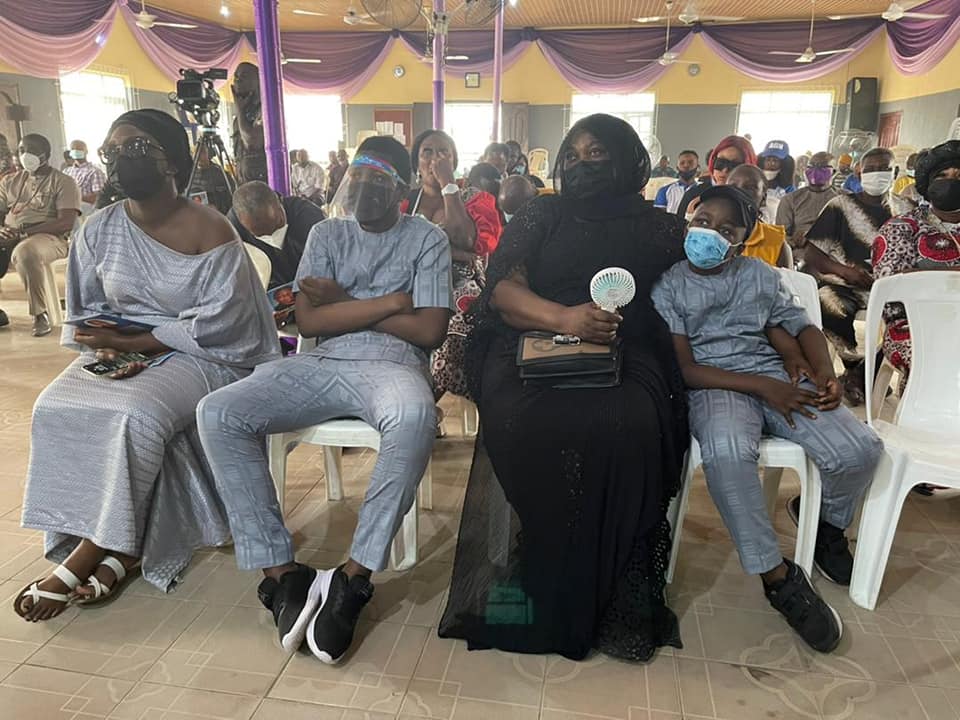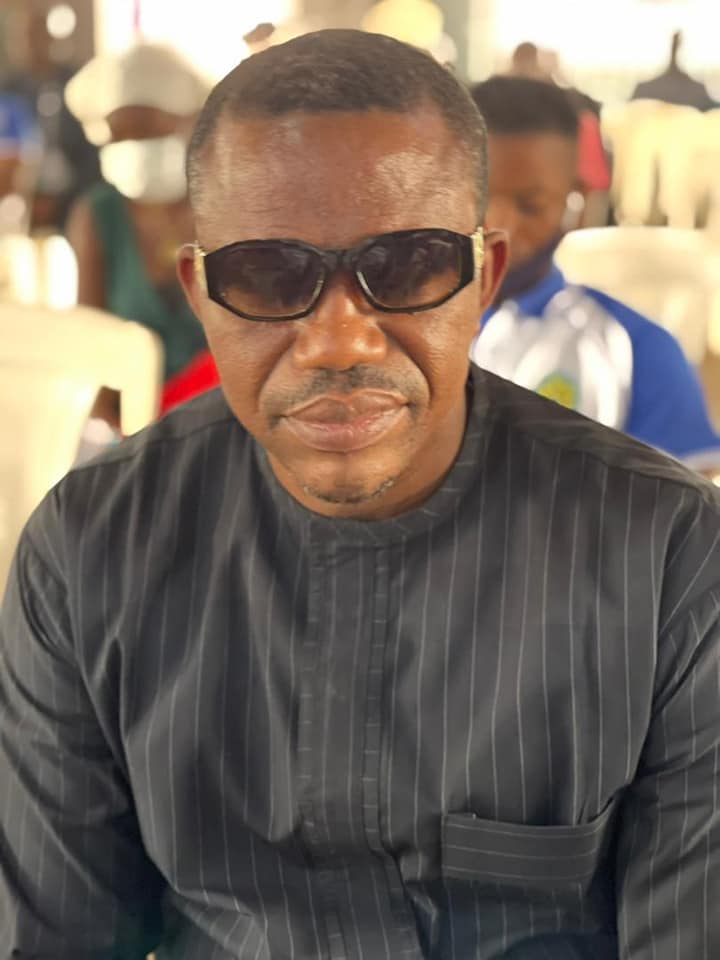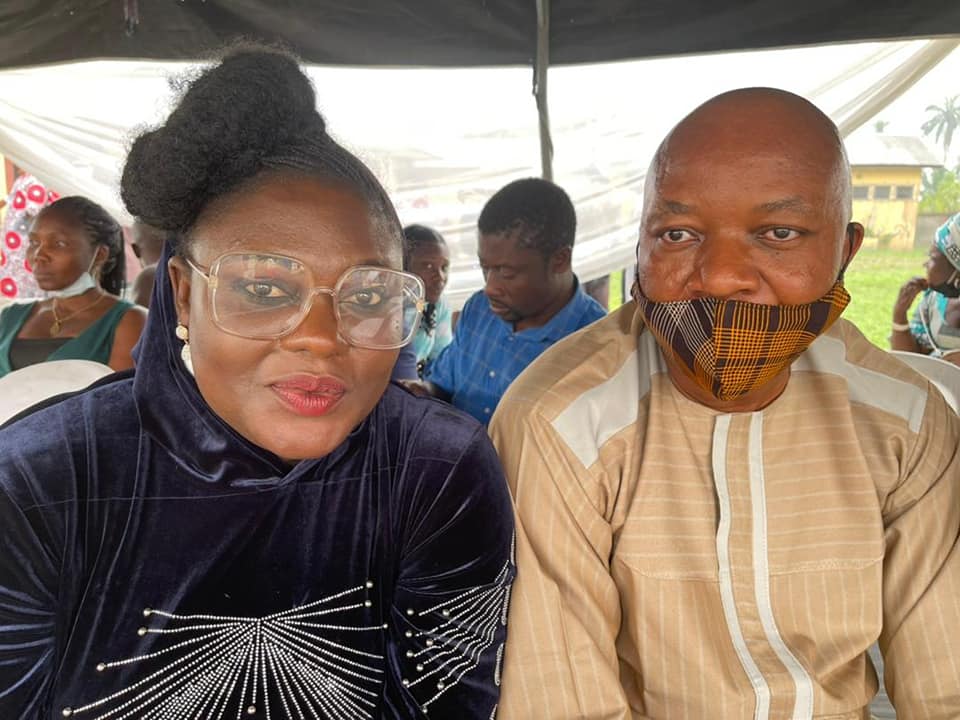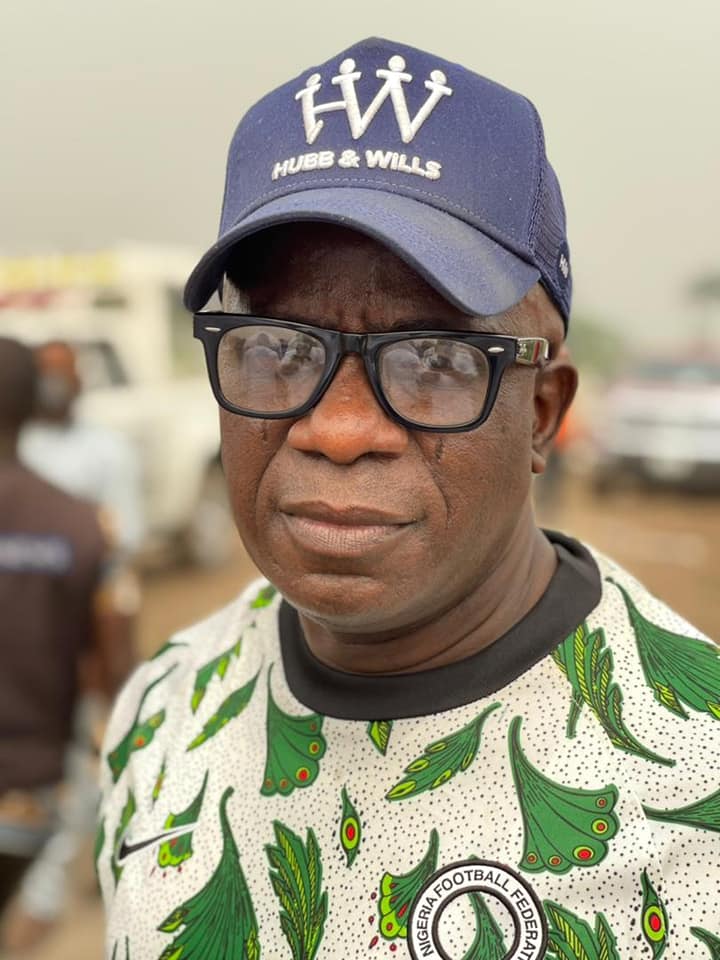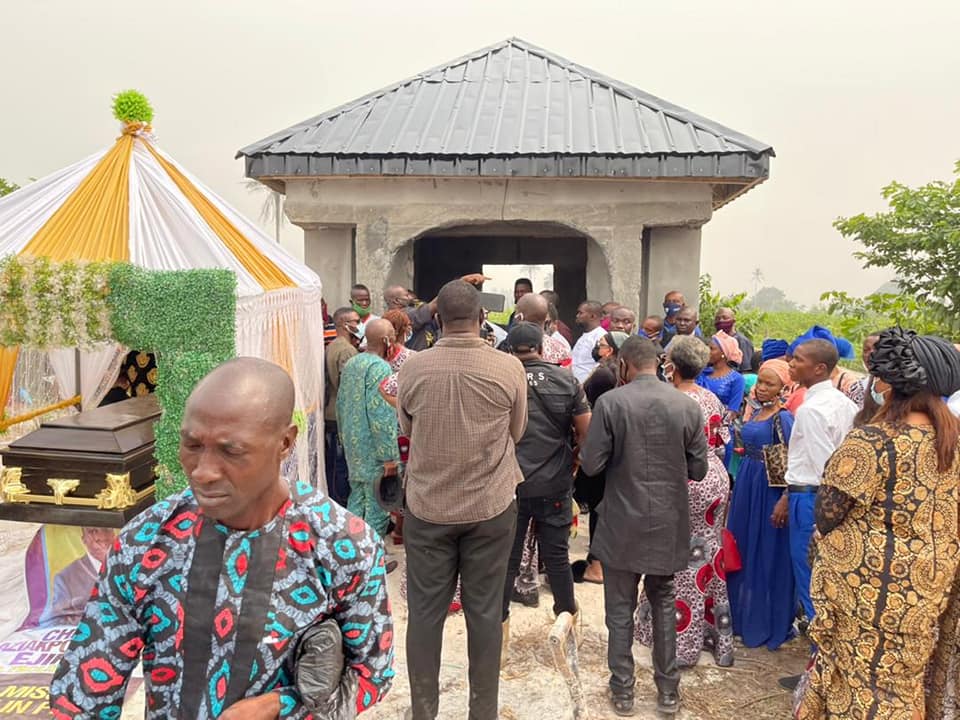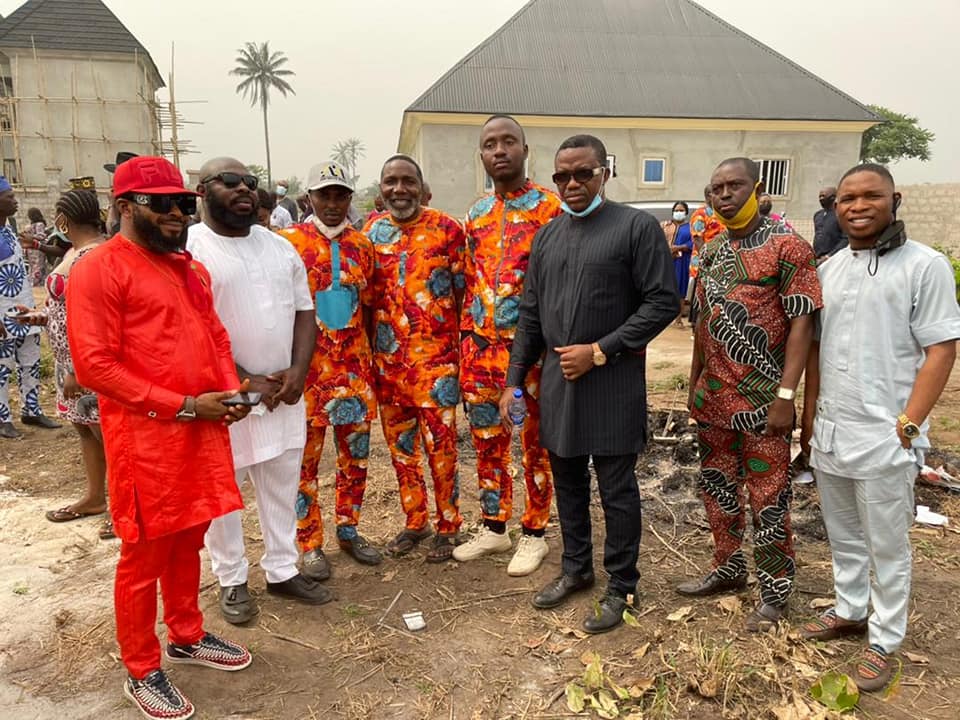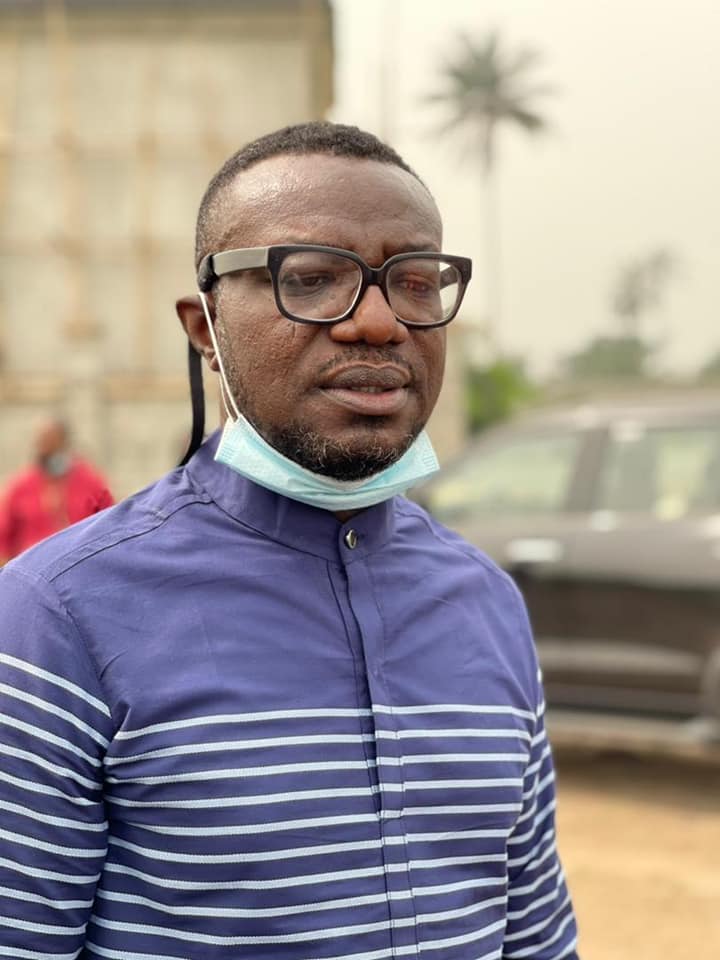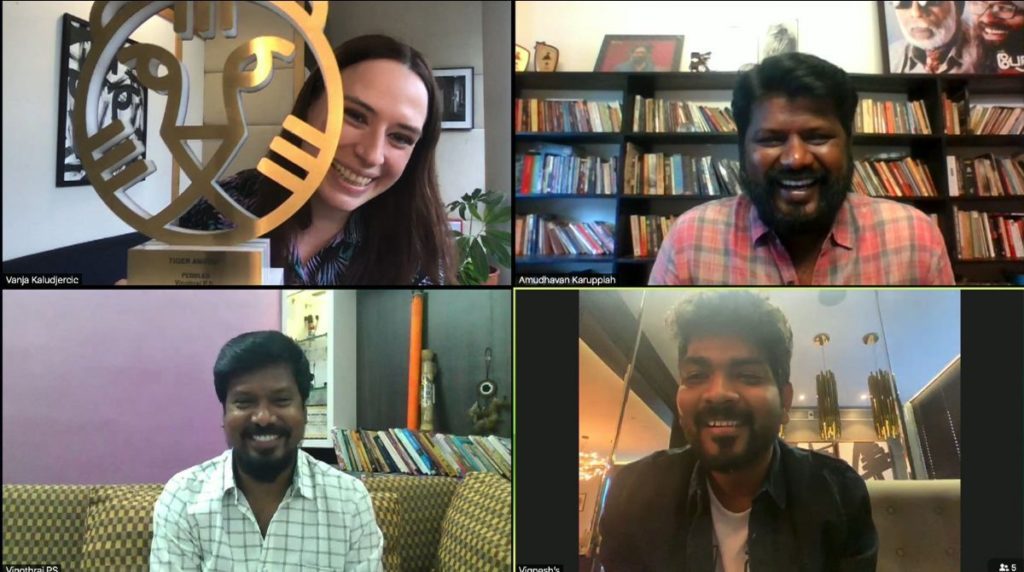A story about a young boy’s experience as an abandoned child in a general hospital— by Chike Ibekwe
They call me Chief! Just Chief. No suffix. Sometimes a prefix. Some call me Young Chief or Youngest Chief when they want to tease me. Growing up, I enjoyed the adulation and the flatter. Growing up, I thought it was my real name. I felt a bit betrayed when I realized it wasn’t. But the bitterness thinned in a flash — after that night’s sleep. They continued to call me Chief. I continued to enjoy it and the sound of it. A special kind of Chief. Oldest of my kind. Not by age. Not by experience. But by the circumstance of being a part of this community! Reason some even tauntingly add that I’m “the Landlord.” No one has stayed as much time — day and night in this place as me. No one has lived all their lives in this place like me. Some have worked here for many years but, that cannot compare to my time here. I have lived all the days and nights of my spiralling life in this place. Every other person gets to go home every night or during weekends. I stay. No leave, no transfer!
It’s a big neighbourhood. It has everything. Well, so I thought. There is a football pitch, where people come to play football and train. My primary school, which is just five minutes away and a few other schools do have sports competitions here sometimes. I have been to virtually every nook and cranny of this community, except for the brown and black painted building further away from the rest of the structures, where only few people go to. People are brought here in a stretcher and when they leave, they are taken away in different types and colours of coffins.
Everyone calls me Chief. The men and women in different uniforms — green clothes, wine clothes, blue clothes and overalls and the ones in white. Doctors, nurses, paramedics, security personnel — they all know me as Chief. But only a slim few would go a step further to find out how I became “Chief.” When they do, I always know. I would notice a change in attitude towards me — loads of empathy and pity. Some even overdo it in a scintillating show of sympathy but I’m usually not really moved. I just want to be spared all that melodrama and anger provoking imprudent questions like — “do you know where they might be?” “Do you think about them?” “Is he alive?” “Do you know anything about her?” “Do you know your surname?”
“Come,” Some would call, and when I get to them, “Have you eaten today?” They would ask rhetorically and before my answer, which usually is “No” leaves my mouth, they would offer me money. Some, 50 naira, some, 100 naira and some 200 naira or even more saying “take, go eat lunch,” “buy yourself biscuit.” I learnt never to say I have eaten, or reject a gift. Past hungry experience taught me to be wiser — that night I went to bed without food when “Mummy” didn’t resume her nightshift because of the heavy rain and a sudden sickness. It was already too late in the night and hardly anyone to ask for money or beg for food. Not even the nurses on duty as they night was a busy one. Two surgeries through the night and a delivery. From then on I learnt to not reject but to anticipate, and even attract with my body language because that might be my next meal ticket I’m playing with.
The only person who calls me by my real name is Mummy — my official mother, the Chief Matron. About six or seven years ago when I was much younger in this place — in this massive general hospital on the mainland of Lagos. I used to cry a lot. That of course was obvious for a child like me, a child of my intricate circumstance. Mummy would buy me “Okin” biscuit and ice cream or puff-puff. Now, I don’t cry anymore. I’m now a man. Grown up. Just over ten. I can comfortably say I know way more about life than my age indicates and I like to see it as smartness rather than suffering. I’ve been told several times that in this life men don’t cry, besides, I now have some younger ones after me that I am responsible for.
“Olusegun.” She would call me, stretching the entire vowels of my name with so much geniality and affection in her voice. Like she gave me the name — she did actually. I got to know later. Now in her late 50’s with three daughters. I like to think that if she didn’t have her own children, she would have officially adopted me as her own son. I strongly believe that thought might have crossed her mind and stayed buried in the inner vault of her emotions. A Nigerian woman (and man) would normally be eager to have a son. Maybe she and her husband were those rare few who didn’t bother. But I’m grown now. I don’t need to be anybody’s son. I can fend for myself and even other younger ones. Mummy and I don’t see as often as before. As Chief Matron, she has little or no time for me anymore. There are now more children with similar circumstance that need more attention. I cannot deny them that. They are like me. Crying a lot. Always hungry. Sometimes ignored when the nurses on duty are busy. Crying to sleep. Waking up crying. Getting stark angry looks and reactions from exasperated nurses. I saw it all. In them is realized what my babyhood was like — what it means being a baby abandoned at birth in a general hospital. I’m already grown, so I display no emotions. Instead I try to cuddle the baby to stop crying. I sing a song. I tickle the baby. No one is to blame after all — neither the baby nor the nurses who are busy either saving lives or delivering new babies. Which is exactly what they are paid to do.
Although Mummy never got to tell me exactly my story, but somehow, the only piece of information I grew up with was that I was abandoned by my biological mother — a young woman of 23 impregnated by some guy. Her name, I learnt was Mary Daniel. Who knows if it was her real name? She couldn’t pay the hospital bills. She had no plans to keep me. “She disappeared” was all the answer I got when I once became overly sullen and inquisitive.
Growing up, I wouldn’t say that the feeling of longing to know my real mother has ebbed. It is stored up somewhere deep inside me like information kept in an aircraft’s black box. Like precious stones deposited inside a very secure cellar somewhere unknown and left there because there is nothing to do with it. My case is peculiar. No clue to begin with. No address to trace. No relative to find. No face or word to connect with.
Last year when a TV crew came to the hospital to do a report. They were preparing to conduct an interview beside the road in front of the accident and emergency building, close to the children’s ward. I’d wondered what they were going to talk about. Curious and thrilled at the same time. I felt a sudden vent of thoughts playing up. An urgent impelled desire to be seen — to be heard. I stood there, with different ideas toggling back and forth in my mind. I felt that “once in a million” chance of connecting with the outside world, to anyone out there who might know anyone that knows my parents, or relatives or my story. I fidgeted. I wanted so bad to be on TV, not as a star, but as a child in search of a home, of a family, to tell them that am still alive and waiting right here for them. My eyes widened as the adrenaline seethed from the bustling emotions. Both spirit and soul stirred up, determined, but with heavy and slow footsteps, I walked to the front of the camera beside the man to be interviewed. I stared defiantly into the camera as if someone out there on the other side would suddenly emerge upon my steady, consistent stare into the camera. The Cameraman noticed me and immediately gestured at me to leave but I ignored him. I stayed. I kept a fixed gaze at the camera.
“Boy, move away from there” I heard another voice yelling. A thin voice. The presenter, I figure as she was holding the microphone. A slim serious looking woman. Drawing closer to the man about to be interviewed.
I was sad as I walked away from the camera. I stood some distance behind them. To me — they were interviewing the wrong person, and asking the wrong questions. If they wanted any information about this place, I am the person to talk to. I am the Chief. The best qualified. With my experience, circumstance and pedigree or the lack of it. No one knows the story of this place like me, no one. Because, I am the story! During the rainy season, the dry season, when they staff are on leave, on holiday, or even on strike, I stay. That has been my lot. Not by choice. If only the TV crew knew who I am. They’d would be the ones running after me and jostling to hear my story — the story of the oldest abandoned kid in the general hospital.
I shed a lot of tears. Heartbroken more times than I could remember. Some of the tears were shed when I lost friends. Quite a number of friends, for both good and bad reasons — some to the horrific hands of death while others to health recovery and discharge from hospital. Either way, I lost. No one stayed. No matter how close we became. I suffered most when they leave. For this, I decided not to be close to any young patient on admission anymore. I’d made friends with a few who had been on admission for over two weeks, some spent about two months on admission here and I was their cheerleader and playmate but once they recover, I’m forgotten. If they die, it’s all a loss. The most painfull for me was Uzo. As Uzo recuperated, we grew very fond of each other. We were about same age, same height, same stature, but Uzo had become thinner because of the typhoid sickness. We’d would play football inside the ward on days when he had the strength and Uzo would share his food with me, although his mother wouldn’t allow him share in my own for reasons beyond just cutting my ration even though Uzo wasn’t eaten well.
Those early years, I always desired to follow my friends home when they were discharged but the nurses on duty would hold me back. I’d cry and roll on the floor till I doze off. But in Uzo’s case, I had grown a bit older and understood life a bit well but still the nurses had to make special arrangement — have me follow Nurse Titi on an errand outside the hospital. She treated me well, bought me a new shirt, a pair of knickers and sandals. I was so happy about the gifts. By the time we got back Uzo had left — discharged! Without saying goodbye. I felt bad. Betrayed. Angry. But I didn’t cry. I took the pain and emptiness like a real man that everyone always tells me to hastily become. It was weeks later that I discovered that it was a masterful plot to forestall similar episodes like the ones that occurred when Demola was discharged and also when Etim left the hospital. I found out that Uzo’s mum gave Mummy some money to buy me clothes and for my feeding after she’d been told my story. That was the day I actually shed some tears as memories of my fun times with Uzo rolled back.
Nurse Titi (I call her Aunty Nurse sometimes) was like my Guardian Angel, she was 30 and was very beautiful in her chocolate skin. From the moment she knew me, she took a special interest in me. I became her “assignment.” She would ensure that I had my bath, that I had something to eat and that I was happy. This was surprising to me because at my age, I thought I had been weaned, especially since there were other younger children, especially two — year old Deborah who wanted much more attention than even the patients and always insisted I hold her hand or carry her. She reminded me a lot about my younger years — helpless but viciously desiring attention, but Nurse Titi had her eyes on me. I didn’t know and didn’t appreciate how much she cared for me until one day when she threatened to beat me because I dirtied the fine Chelsea football club jersey she personally gave me for my eight birthday. That day, I saw a side of Aunty Nurse I’d never seen before. Her eyes were fierce with anger. The look in her eyes left me dumbfounded. She was very angry at me for indulging in what she called “dangerous play” than dirtying my cloth. When she became calmer, she told me in an emotion laden voice that I reminded her of her younger brother who passed on six years earlier. Her somber counsel didn’t register much on me until later. I realized I like her a lot too. She is the only person that I could go to ask anything and be sure of a favourable response always.
After Uzo’s departure, I decided I was never going to be friends with anybody anymore. I didn’t care if the person was dying or not, after all I was not their doctor or nurse. But I was wrong!
Kike was a peculiar case — she came in with that sweet innocent face and a smile that could melt an iron. She was very skinny — a familiar look for a sickle cell patient, and she was three years older than me. The first time I saw her, I felt overwhelming pity for her. I wondered if she would make it. Then she turned and looked at me, her eyes bright as the stars and with a smile that spoke assurance to me. “Hey boy, it’s okay,” her look seemed to tell me. I turned and walked away. I wasn’t interested in any emotional trip this time. Deborah was already becoming a handful for me. She wouldn’t let me be on my own and I couldn’t let her cry continually. I’d once wondered if she realized that we were not related — not from same mother or father, not from any remote blood connection, but she would cling onto me like I was all she had in this world. Just a child. Innocent. What did she know? I guess I was her own Guardian Angel as Aunty Nurse was mine, and Mummy before her. Everyone had to have one, if your Angel doesn’t find you, you find him or her.
I entered the ward, and I heard a roaring sound amidst some faint noise including that of the Television that was playing a local musical video. It wasn’t sounding like a talk, or laughter or even a snore — I walked toward the end of the hall where the noise was emanating from. Kike turned weakly to me from vomiting, I quickly ran to her and searched for any available water. I knew from observing that water was always used to sprinkle on the face of a vomiter. I didnt find any water around her corner.
“Are you okay?” I asked her
She gave a bob
“Nurse” I yelled
“Nurse”
“Chief what is it” A nurse answered from the other end of the hall
“Kike is vomitting” I shouted
The nurse emerged with a straight look and held her
“Where is her mother?” She asked me
“I don’t know, I just saw her vomiting”
“Quick, get me some water with that bowl”
I obliged and fetched some water from the bathroom with which she cleansed her face. Kike gasped for breath as she tried to sit back on the bed, her eyes still as white as ever but the smile temporarily hidden as her mouth remained open to let in air. Her mother came in holding a black polythene bag of what she had gone to a nearby store to purchase. I watched as Kike laid back on the bed.
“She has vomited all the medicines” Her mother said with a voice riddled with pain and resignation
“She will take the other dose in about an hour” The Nurse responded.
The woman began to clean up the vomit while the nurse walked away to get new beddings, and I followed.
Later, in the middle of the night, I had a dream. I was awakened by a very agile looking Kike, clad in a beautiful yellow gown and flashing her quintessential smile radiantly.
“Chief”
“Chief”
“Kike, what are you doing?” I asked as I rubbed my eyes with my hand
“Come on, let us play, see the night is bright with the moonlight”
“But it’s the middle of the night, everyone is asleep” I said drowsily as I sat up from the bed”
“Come on now Chief, I need to play, please play with me” She said, still flashing that infectious smile.
“Okay, okay” I said reluctantly
“Yippee!!” she said raising her hands as she raced outside
I sauntered out after her.
Outside, under the breezy bright moonlight, I saw Kike looking the best she’d ever been — strong, healthy, and absolutely cheerful. She ran a circle around with her hands up in the air like someone taking a victory lap.
“I feel great” she said
“What are you doing, Kike?” I asked her, curiously
“Come on, join me, I’m having fun” her voice bellowing and full of live in the silence of the night
“Hmm! I see”
“See the beautiful stars in the sky” She pointed at the stars
“Yes, they are fine” I said as I sat on the pavement
She stooped with her fingers pinned to the ground like someone ready for a race
“Come on Chief — let us race to the coconut tree”
I was still feeling lethargic but somewhat curious about this strange and sudden act — I scratched my head gently as I answered, irked by the discomfort of not hugging my bed.
“I am too tired”
“You are shying away because you know I’ll beat you to it” she said and started laughing
“On your marks” She started, by herself, “Set, go!” And off she went with a zeal I had never seen in her before. I thought for a moment about joining her, but immediately jettisoned the idea because it would further spur her on to continue this play by moonlight.
She ran back with her hands victoriously raised and with visible joy in her face. I clapped for her as she walked up and joined me on the pavement.
“You know, it feels very good to be free, free from those pains, free from those bitter medicines and messy vomits, and from lying all day long on the bed and looking perennially pale”. She said as she panted. The hot air escaping from her mouth.
“It’s good to see you looking very well, I’m sure you will be representing your school in the next inter-house sports.”
She smiled, her face bore a strange tinge of profundity as she stared straight into the night.
“Chief, I want to thank you for been a very good friend, I have enjoyed this moment and I will always cherish it.”
“Does that mean you will be discharged tomorrow?”
“I don’t know, I just feel free and happy tonight” her voice carried more than she was voicing
“Let’s go back inside, so we can have some sleep”
“Ok”
And so we went back inside the ward and as I sat on the bed she waved at me and continued her walk to her bed several beds away from me, I lay awake and wondered until I slept off again.
The sound of a loud cry woke me and a few other kids and parents in the ward. Such sounds were common and at the same time unnerving because it only meant the death of a dear one. I sat up to see who it was this time. I noticed the woman crying was Kike’s mother and the nurses were at Kike’s corner. I stood. My heart felt heavy. My head felt empty. I slowly approached the bed. I got there just as the white cloth on the nurse’s hand was covering Kike’s lifeless face. I stood, shocked in my tracks. If I had not seen her some moment ago, looking very healthy, spritely and ready to be discharged I wouldn’t have been so shocked.
“Did I really see her moments ago?” My mind was racing with thoughts and pictures. I went back to my bed as I tried to process the incidents that just happened.
“Was I dreaming?”
“God! I was dreaming” I cupped my face with my hands
“I saw Kike in my dream moments ago!” I uttered, barely audible
I watched like someone dazed as a few other nurses and attendants gathered and walked back and forth. As one of them walked past me — the first one that covered her with the cloth. I tried to speak but couldn’t find my voice, I tried again –
“…she was playing outside last night”
The nurse was already a few meters away before the words come out of my mouth.
For the rest of that day and the following days I grew up faster, at least in my mind, I became very sober, circumspect, and somewhat too philosophical for my age, I changed! I saw life from another surreal perspective. I wished I had the panacea to the thousands of ailments that were taking my friends away from me, taking children away from their parents, parents away from their children and lives away from the ones that have it. Kike’s incident hit me like nothing else ever did and like nothing else would ever. It felt like I had seen it all. This was the crescendo of life’s flagrant futility.
Kike’s demise opened my eyes to the tragic dynamics of life, some of which had happened before without my comprehension. The fact that some people love so much that they cannot bear to let go and the other side of the coin where some hate so much so that they don’t want to be with their loved ones. I felt a gulf of emptiness between me and the rest of the world.
Deborah clung on to me like a young kangaroo would cling to her mother. For her, the whole world can go on holiday as long as she was with me.
“Shief”
“Shief”
“What is it Deborah?” I asked her as we walked along the road in front of the laboratory block
“Rice and stew”
“I thought you ate an hour ago”
“Rice and stew” she repeated, her voice now about to break into a cry
The reason we are who we are began to unfold right there before me. What would happen if I abandon her and walk away? Heaven will not fall, as I heard one of the young doctors say the other day.
“Shief” She called me back to reality
“Hmm! Okay, rice and stew. You don’t want eba?”
“Eba” she repeated, somewhat delighted
“Okay, let’s go find eba or rice”
“I checked my pocket, I still had N150 on me and thank goodness Aunty Nurse and Mummy were a very present fallback.
People used to refer to me (and later the rest of us) as government ‘pikin,’ a term that I hated so much and took exceptions to. I used to view it with contempt. My categorization of the group called government ‘pikin’ was the Area Boys at the motor park two kilometers from the gate of the hospital. The ones on the street of Mushin, Oshodi and under Ojuelegba bridge, as I was told, that were always chasing after motorists and Okada (commercial bike) riders to collect 20 or 50 naira every day, and the police men who also stop the motorists and Okada riders for same reasons. I also regarded the beggars on the street as likely government ‘pikin,’ especially those little girls and boys of Deborah’s age bracket or older from the north or neighbouring Niger Republic who will run to you and start a recitation of nicely learnt English sentences of prayer and plead like “Please sir, good morning sir (even if it’s evening), please give me money to eat sir, I am hungry, God will bless you, God will give you long life, God will help your family.” When they start, it sounds like a melody enriched with their Hausa accents and they won’t stop until you either part with some money or you walk or drive away from them. But now I know there’s hardly no difference between them and me, after all I sleep in a government hospital, on a government bed and fed by government workers. So that invariably makes me a government pikin.
There’s been talks about moving me, and maybe other kids like me to an orphanage, but no one has said anything to me yet. The talk has been on for years. I refuse to ask because I know neither Mummy nor Aunty Nurse will share details with me. I don’t know what life holds on the other side for me but I’ve decided to take each day as it comes and be the man that I can be regardless whatever situation the day brings.
My common entrance examination would be in a couple of months. I was looking forward to it even though I wasn’t sure I had prepared well for it, but I always had my confidence boosted when I heard Aunty Nurse say of me to her colleagues and friends and visitors –
“Chief is very brilliant”
“I’m sure he would pass his exams”
“He is a young Professor in the making — he knows virtually everything around here”
I was further swayed by the fact that my assessment score had improved from ridiculous nineteenth position, which got Aunty Nurse very angry the year she first knew me, to between seventh and now third position every term largely due to her help with my home works, along with the shirts, shoes and ice cream — great motivational incentives. I had wondered how Aunty Nurse would feel when I finally leave. I was certain that wherever life took me, she was always going to be in my heart because she was at least the only sister I had, but I knew that I was eagerly looking forward to new experiences. I hoped to one day see some of my friends again, I mean the ones that got well and left the hospital.
A part of me still looks forward to the coming of the TV crew again, the pulsating yearn to be heard, to be seen and to start something new or to stop something old, and this time, I will not be intimidated, I will not be shoved aside, I will be bold and I will tell them –
“I am Chief!”
“I am the one you need to interview!”
“I am the one with all the stories you want to hear!”
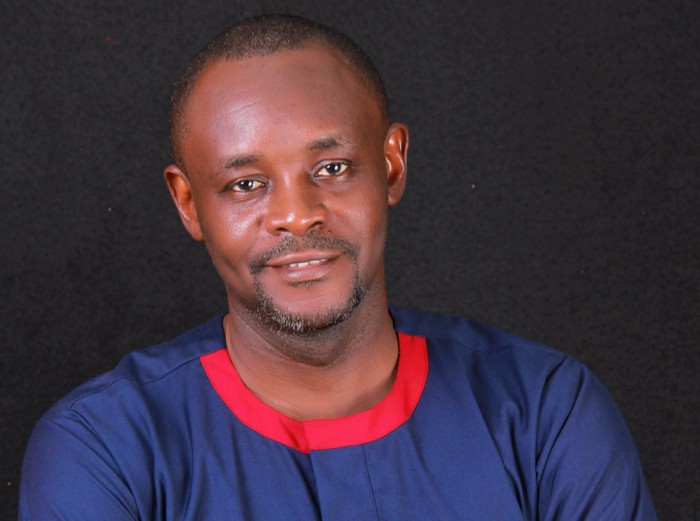
Chike Ibekwe is a filmmaker, writer and producer from Nigeria. He is working on his debut novel and some short stories. He is fascinated by the possibilities of the tech world. His Twitter handle is @CHIKEIBEKWE.
Courtesy : https://kalaharireview.com/

